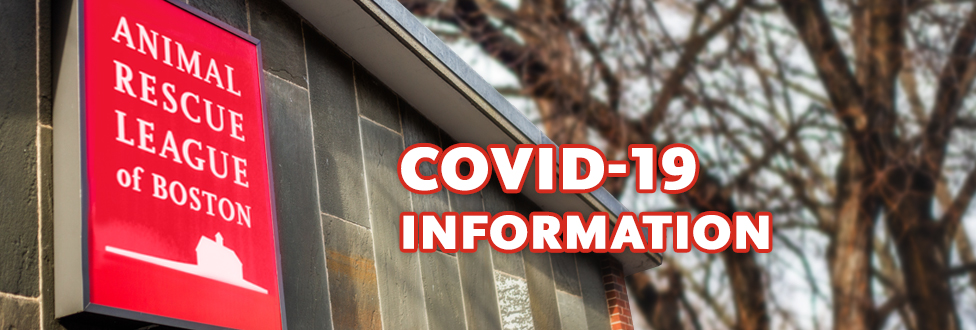Animals and COVID-19
CDC, USDA Release New Report
Today, the U.S. Centers for Disease Control and Prevention (CDC), and the United States Department of Agriculture’s (USDA) National Veterinary Services Laboratories announced that two pet cats in New York have tested positive for SARS-CoV-2 (the virus that causes COVID-19).
According to the CDC and USDA, the cases occurred in two separate areas of New York State and are the first pets in the United States to test positive.
The cats, who have mild respiratory illness and are expected to make a full recovery, appeared to have contracted the illness from their owners who were sick with COVID-19.
To read the report in its entirety, click here.
Public health officials are still learning about SARS-CoV-2, and the fact is, while cats and dogs are susceptible to coronavirus, there remains no evidence that pets can pass the virus onto others. Further studies are needed to understand if and how different animals, including pets, could be affected by COVID-19.
Given this news and with many unknowns about the virus, the Animal Rescue League of Boston (ARL) concurs with, and recommends that pet owners heed the following CDC recommendations:
- Do not let pets interact with people or other animals outside the home
- Keep cats indoors when possible to prevent them from interacting with other animals or people
- Walk dogs on leash, maintaining at least 6 feet from other people or animals
- Avoid dog parks or public places where people with animals may gather
For those who are suspected to carry the illness or have already tested positive, the CDC recommends:
- When possible, have another member of your household care for your pets while you are sick
- Avoid contact with your pet, including petting, snuggling, being kissed or licked, and sharing food or bedding
- If you must care for your pet or be around animals while you are sick, wear a cloth face covering and wash your hands before and after you interact with them
ARL reiterates that while cats and dogs may be susceptible to coronavirus, if you are practicing good hygiene, social distancing and other precautions, you, along with your pets, will have a lower risk of infection.
ARL Response
Since the outbreak of COVID-19, ARL has taken a number of steps to ensure the health and safety of staff, volunteers, clients, and the animals we serve.
At this time ARL has not altered programs, services or protocols to support animals in need, or the people who care for them during this time of uncertainty. ARL remains committed to serving our communities and to take every measure to keep pets and families together.
For more information on ARL’s response to the COVID-19 pandemic, click here.
Resources and Answers to your FAQs
For more information on animals and COVID-19, see: https://www.cdc.gov/coronavirus/2019-ncov/daily-life-coping/animals.html
For more information about testing in animals, see: https://www.aphis.usda.gov/animal_health/one_health/downloads/faq-public-on-companion-animal-testing.pdf

